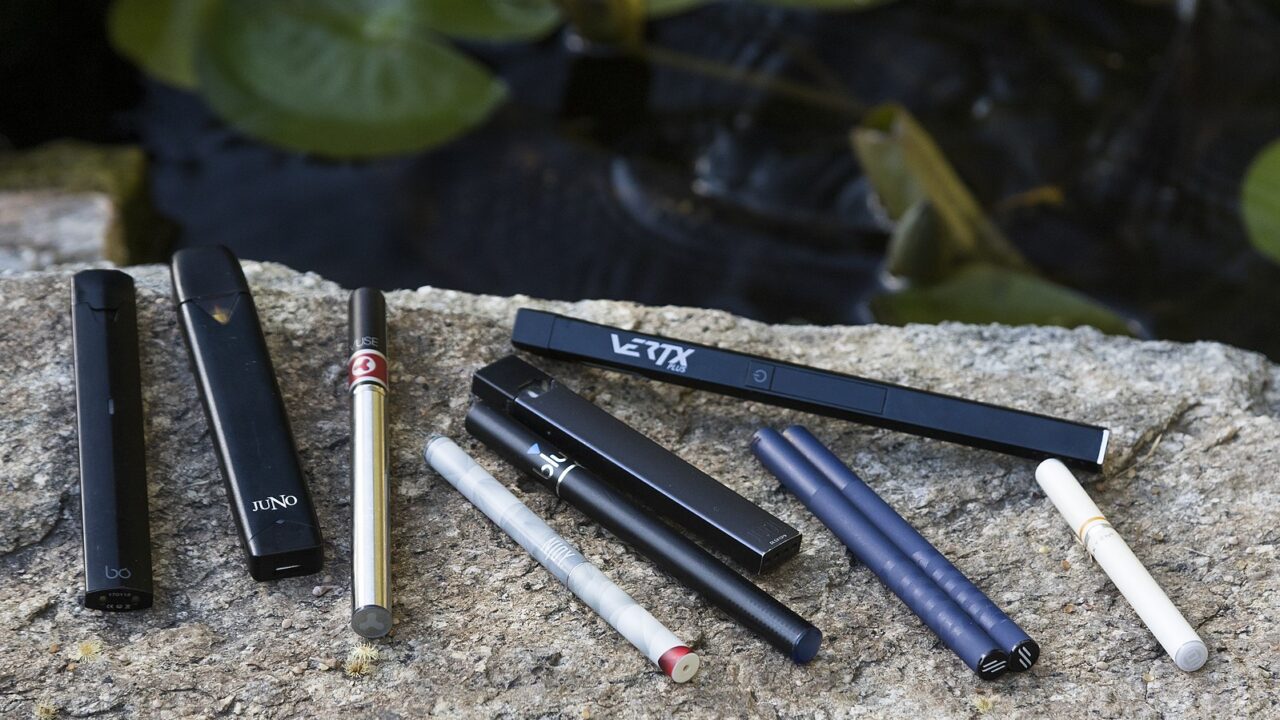 Teen vaping is now getting popular due to discreet vaping devices by Sarah Johnson
https://commons.wikimedia.org/wiki/File:Teen_vaping_is_now_getting_popular_due_to_discreet_vaping_devices.jpg
Teen vaping is now getting popular due to discreet vaping devices by Sarah Johnson
https://commons.wikimedia.org/wiki/File:Teen_vaping_is_now_getting_popular_due_to_discreet_vaping_devices.jpg
In their hunt for new revenue to pay for a massive reconciliation package, congressional Democrats are proposing an array of new taxes on e-cigarettes. Raising the cost of synthetic nicotine threatens the appeal of e-cigarettes among former adult smokers and undermines the success of the Virginia economy.
As they use far fewer chemicals than cigarettes, vapes are an effective and safe alternative to traditional tobacco products. The proliferation of these devices has been a major benefit for adult smokers looking to quit. Studies reveal that vaping is much more effective than other treatments for smoking cessation, such as nicotine patches.
Yet the federal government is looking to disincentivize vaping for all Americans with a regressive 2,000% tax hike on e-cigarettes. That’s an extra $2.25 per pod of vaping fluid, far higher than the current tax of $1.01 per pack of cigarettes (and higher even than the proposed new cigarette tax of $2.01). For many smokers – nearly 75% of whom are from low-income communities – the new tax will make the switch to vaping far less appealing, potentially encouraging some to switch back to dangerous combustible cigarettes. Low-income individuals, who will overwhelmingly bear the brunt of the new tobacco tax, are also those who are least able to afford it.
In Virginia, new federal taxes on nicotine products will lead to disastrous economic consequences for retailers and family-owned tobacco shops. In addition to eliminating 372 jobs, the tax hike is projected to reduce wages by $17.6 million. Vape shops – deemed “essential businesses” during the pandemic – are often operated by diverse, first-generation owners and families. The hefty new tax will lower the demand for e-cigarettes and drive many smaller shops out of business.
Meanwhile, sales revenue will drop by $20.7 million across nearly 6,500 tobacco retailers in the state, more than half of which are single-owner operations. Ironically, state and local governments will also experience reduced tax revenue, since nicotine purchases fuel more than a third of total sales at convenience stores across the state.
If the vape tax is ultimately successful, businesses in Virginia and throughout the country will bear unacceptable financial consequences. Democrats should look to better solutions to pay for their spending bill that do not unfairly target law-abiding adult smokers and family-owned tobacco stores.

